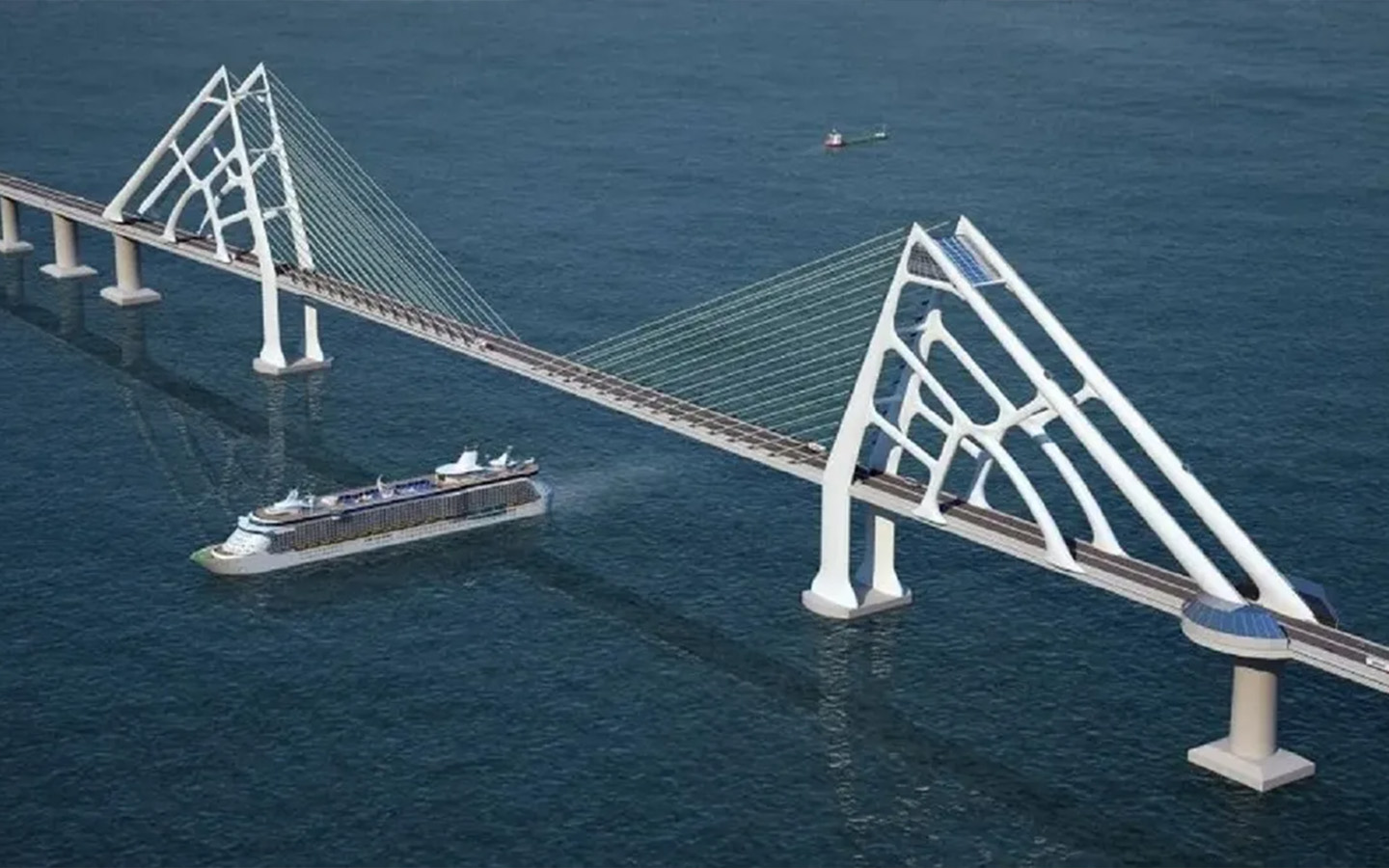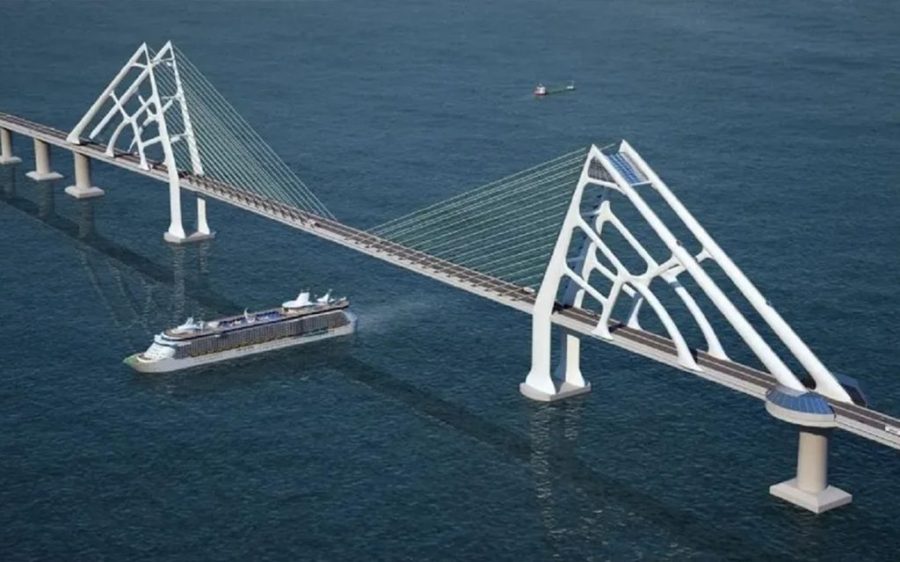A Chinese consortium is preparing to begin construction on a new bridge in Brazil, the record-breaking structure intended to address a transport bottleneck in the northeastern state of Bahia, reports Gazeta de S. Paulo. Stretching 12.4 kilometres over the Baía de Todos-os-Santos, the Salvador-Itaparica Bridge will be the longest over-water span in Latin America and provide a much-needed direct connection between the Bahian capital city and Itaparica Island.
It is expected to have an impact similar to the Rio-Niterói Bridge, an engineering milestone completed in 1974. That crossing slashed travel times and boosted development, quickly becoming a vital transport link for the greater Rio de Janeiro metropolitan region. While technically longer than Salvador-Itaparica at 13.29 kilometres, only a portion of Rio-Niterói (8.84 km) spans over water.
The consortium behind Salvador-Itaparica, comprising China Civil Engineering Construction Corporation (CCECC) and China Communications Construction Company (CCCC), confirmed that construction will begin in June 2026.
[See more: Brazil has become a growing focus of Chinese investment]
The Chinese consortium won the tender back in 2019, signing a 7.6-billion-reais (US$1.4 billion) contract the following year to construct and operate the bridge system. At the behest of the consortium and the government, that contract was revised to 11 billion reais (US$2.02 billion) to account for rising construction costs in the wake of the Covid-19 pandemic. In addition to shifting costs, contributions, and construction and concession periods, it also switched up the players, with CCECC replacing original consortium partner China Railway 20th Bureau Group Corporation (CRCC20).
The bridge will include three sections: the Itaparica approach (4.6 km), the Salvador approach (6.9 km), and a 900-metre cable-stayed section. At 85 metres high, this short section will allow for the passage of transatlantic ships, oil tankers and platforms in the coastal bay. Work on the related mobility project is scheduled to begin construction this December. This will include a new road access in Salvador, construction of the Mar Grande Bypass on Itaparica Island, and the recovery and expansion of a section of BA-001, a radial highway in Bahia.
The concessionaire expects some 10 million people across 250 municipalities to directly benefit, including the creation of thousands of jobs as priority is given to local workers. Once completed, the significant reduction in travel time – down 40 percent – is expected to improve integration with the interior of Bahia, boosting tourism, creating indirect jobs and facilitating access to essential services.






